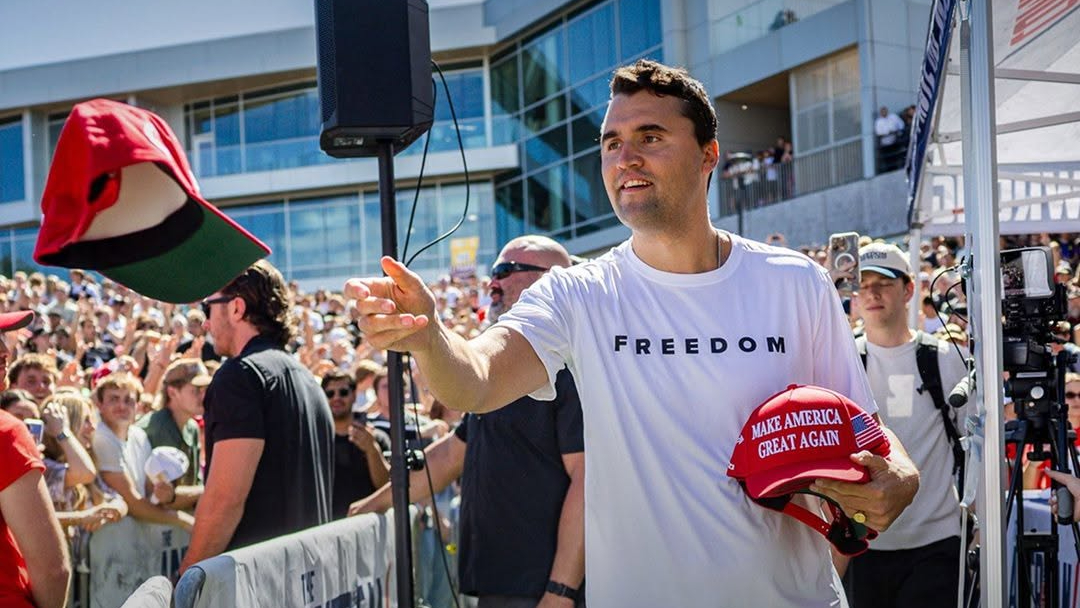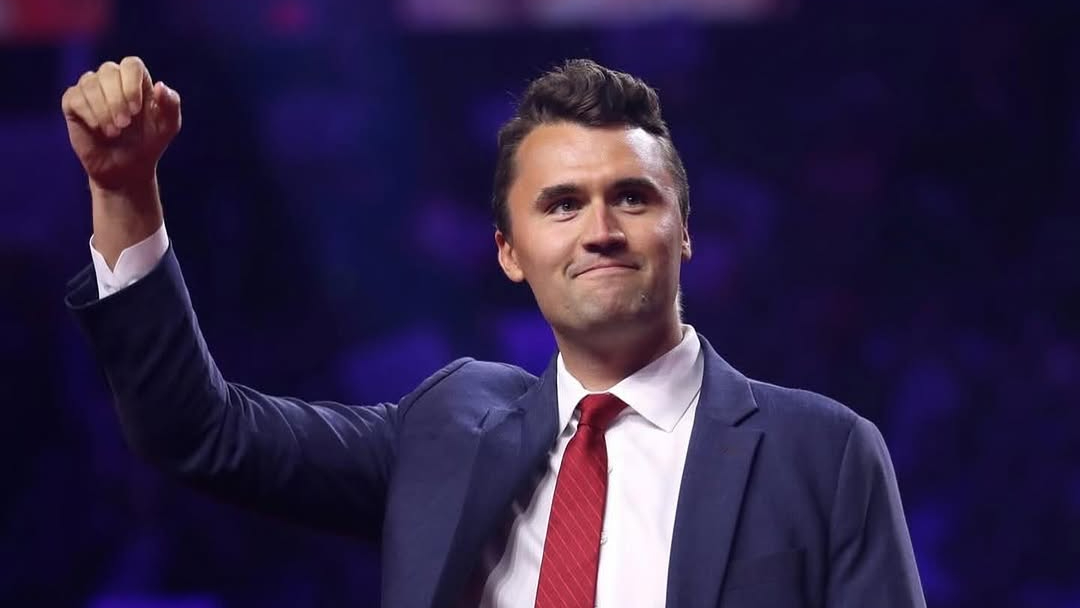Does It Kill to Be at the Top? Free Speech, CEOs, and the Rising Dangers of Influence in America
When Influence Becomes a Death Sentence
Free speech has long been hailed as a cornerstone of American democracy, but in today’s hyperpolarized climate, speaking out—or simply being visible—can carry deadly consequences. In 2025, the political atmosphere is more combustible than ever, and the deaths of conservative activist Charlie Kirk and high-profile CEO Brian Thompson expose the risks of being influential in a nation where anger too often erupts into violence. The question now haunting both politics and business is chillingly simple: does it kill to be at the top?
Free Speech in America: Rights and Risks
The First Amendment guarantees the right to free speech, but the reality is more complex. In today’s America, free expression often becomes a lightning rod. For political figures like Charlie Kirk, who thrived on provocation and division, visibility brought both power and peril. His staunch defense of Donald Trump, rejection of pandemic science, and embrace of conspiracy-laden rhetoric earned him a devoted following—but also powerful enemies.
While his critics argue he spread harmful misinformation and legitimized extremist views, even they acknowledge a sobering truth: in a democracy, such ideas must be confronted in debate, not silenced by violence. Kirk’s assassination is a brutal reminder that the U.S. is drifting into an era where political disagreements are too often settled with bullets instead of ballots.

Charlie Krik
The CEO as a Target: Wealth, Power, and Resentment
If political speech can spark deadly backlash, corporate leadership is proving no safer. The killing of Brian Thompson, a respected CEO, illustrates that America’s climate of hostility doesn’t stop at Washington’s doors. Today’s CEOs are not just business leaders; they are public figures, wielding outsized influence over jobs, markets, and entire industries. That power makes them visible—and vulnerable.
In an era of rising inequality, populist anger, and deep distrust of corporate America, executives are increasingly vilified. Attacks on leaders like Thompson reflect a dangerous cultural shift: resentment of the wealthy and powerful can now manifest in lethal ways. Boardroom decisions, once debated in shareholder meetings or the press, risk becoming triggers for violence.
2025: A Nation on Edge
The political situation in 2025 amplifies these dangers. Former President Trump’s relentless attacks on the Federal Reserve, culture-war politics dominating headlines, and economic anxiety tied to inflation and automation have left America on edge. Add to this a fractured media landscape, where misinformation spreads unchecked, and the result is a society primed for outrage.
The deaths of Kirk and Thompson are not isolated tragedies; they are symptoms of a deeper national crisis. Influence—whether in politics or business—now comes with a target on one’s back. Free speech, once a shield of democracy, has become a flashpoint. Leadership, once celebrated, now attracts not just criticism but deadly resentment.
While the deaths of Charlie Kirk and CEOs like Brian Thompson have drawn waves of sympathy, it is impossible to ignore the hypocrisy of this selective empathy. When school shootings leave classrooms shattered or when violence devastates communities abroad, the outrage and mourning often fade far too quickly. The disproportionate attention given to high-profile figures reveals a troubling truth: American empathy is inconsistent, often reserved for the powerful, while the countless ordinary lives lost to violence remain sidelined in the national conversation.
No One Should Die for Their Views or Their Success
It is tempting to frame Charlie Kirk’s death as the inevitable result of his rhetoric. After all, Kirk repeatedly amplified conspiracy theories and pushed divisive narratives that shaped the political landscape. He once declared, “The 2020 election was stolen, and anyone who tells you otherwise is lying to you,” and infamously claimed that mask mandates during the pandemic were “an excuse for government control, not a matter of health.” Such statements fueled distrust in institutions, widened polarization, and contributed to a climate of misinformation.
Yet, no matter how damaging those views may have been, violence is never the answer. Ideas—no matter how harmful—must be confronted with stronger arguments, fact-based discourse, and democratic processes, not with bullets. Assassinations do not dismantle dangerous ideologies; they risk martyring those who spread them.
The same principle applies in business leadership. CEOs like Brian Thompson should be scrutinized for their governance, ethics, and decisions—but not made targets of violence for their success. To normalize shootings as a form of political or corporate expression is to erode the very foundation of democracy and free markets. If the U.S. slides into a reality where disagreement or envy justifies deadly retaliation, leadership itself—whether in public discourse or private enterprise—will no longer be a privilege, but a life-threatening gamble.

Charlie Kirk with his family
The Price of Being Visible
The tragic deaths of Charlie Kirk and Brian Thompson converge on a single, sobering truth: in modern America, visibility is dangerous. Free speech and corporate leadership—the very pillars of democratic and capitalist societies—now expose individuals to risks that extend far beyond reputational damage.
As polarization intensifies, one question looms large: can America protect its leaders, or will influence itself remain a mortal risk? For now, the answer seems grim. In today’s United States, it may very well kill to be at the top.














